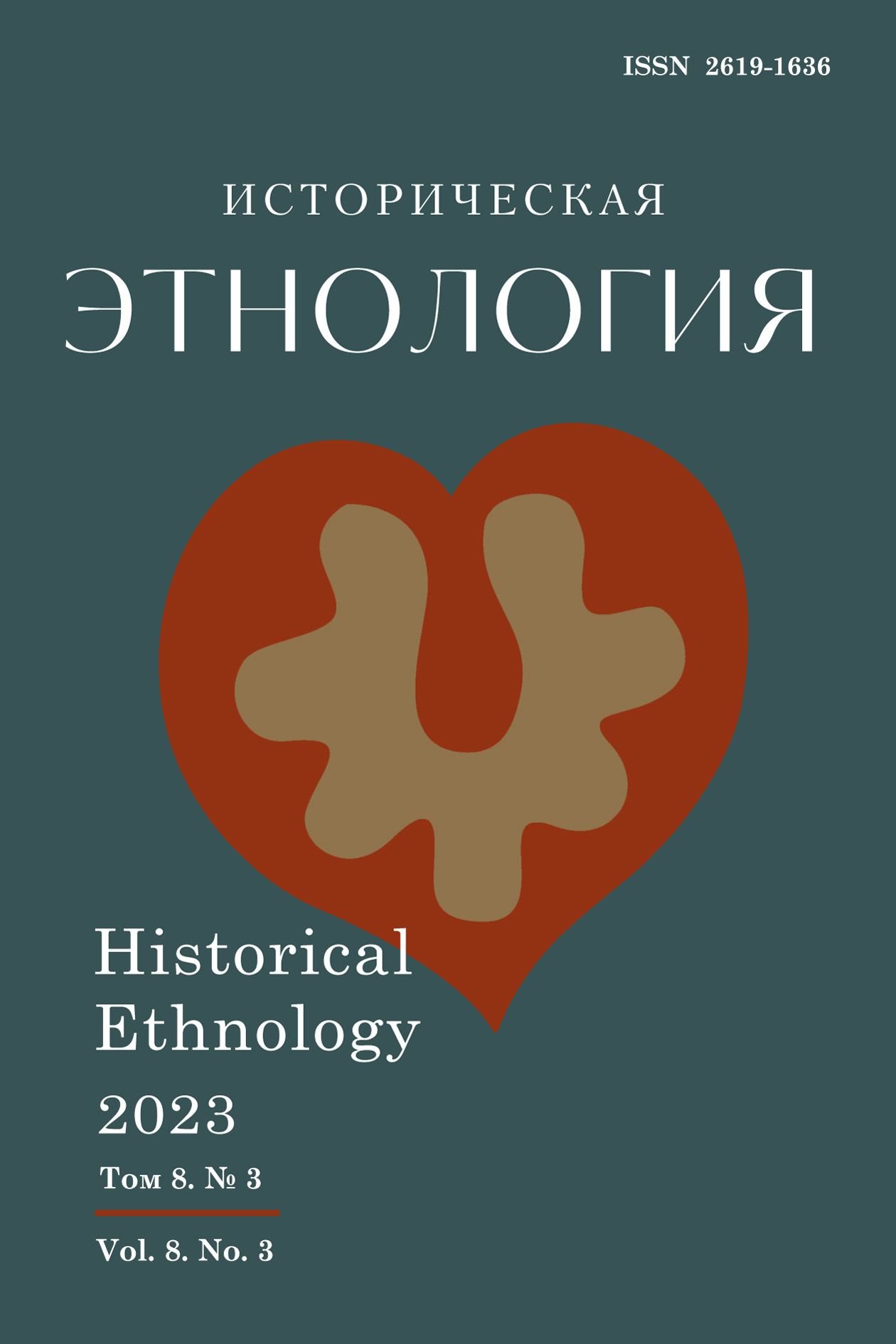
Main menu / 2023, vol.8, no.3 / Akmatalieva Zh.B.
Lexical-semantic parallels in the Kyrgyz and Altai languages (etymology of kinship and the human body) Akmatalieva Zh.B.
353-362 p. doi.org: 10.22378/he.2023-8-3.353-362 The purpose of the article is to use the example of the etymology of words related to family relationships and the human body to show the general and special in the basic vocabulary of modern Kyrgyz and Altai languages. The author translated 113 words from Kyrgyz and Altai dictionaries. These words were clarified among speakers of the Kyrgyz and Altai languages. The work reveals for the first time different meanings of the basic vocabulary of these languages that were not previously recorded in the dictionary. Its analysis revealed a large number of completely or partially matching words with the same meanings. Some words have meanings specific to each of the languages being compared. Phonological differences were discovered (using some consonants, some vowels and long vowels), as well as slight differences in the use of some words. A hypothesis has been put forward that the features of the lexical fund of the Altai language were formed under the influence of the languages of other peoples of Siberia. Keywords: lexical-semantic correspondences, basic vocabulary, human body, family relations For citation: Akmatalieva Zh.B. (2023) Lexical-semantic parallels in the Kyrgyz and Altai languages (etymology of kinship and the human body). Istoricheskaya etnologiya [Historical Ethnology]. Vol. 8. No. 3: 353–362. DOI: 10.22378/he.2023-8-3.353-362 (In Russ.)
REFERENCES Baskakov N.A. (1958) The Altai language. Moscow. (In Russ.) About the author: Zhakshylyk B. Akmatalieva, Professor, Niigata University (Niigata, Japan); ajbukarbekovna@gmail.com
Received May 26, 2023 Accepted for publication September 22, 2023 Published Online December 4, 2023 |
Istoricheskaya etnologiya Historical Ethnology
Scientific journal







